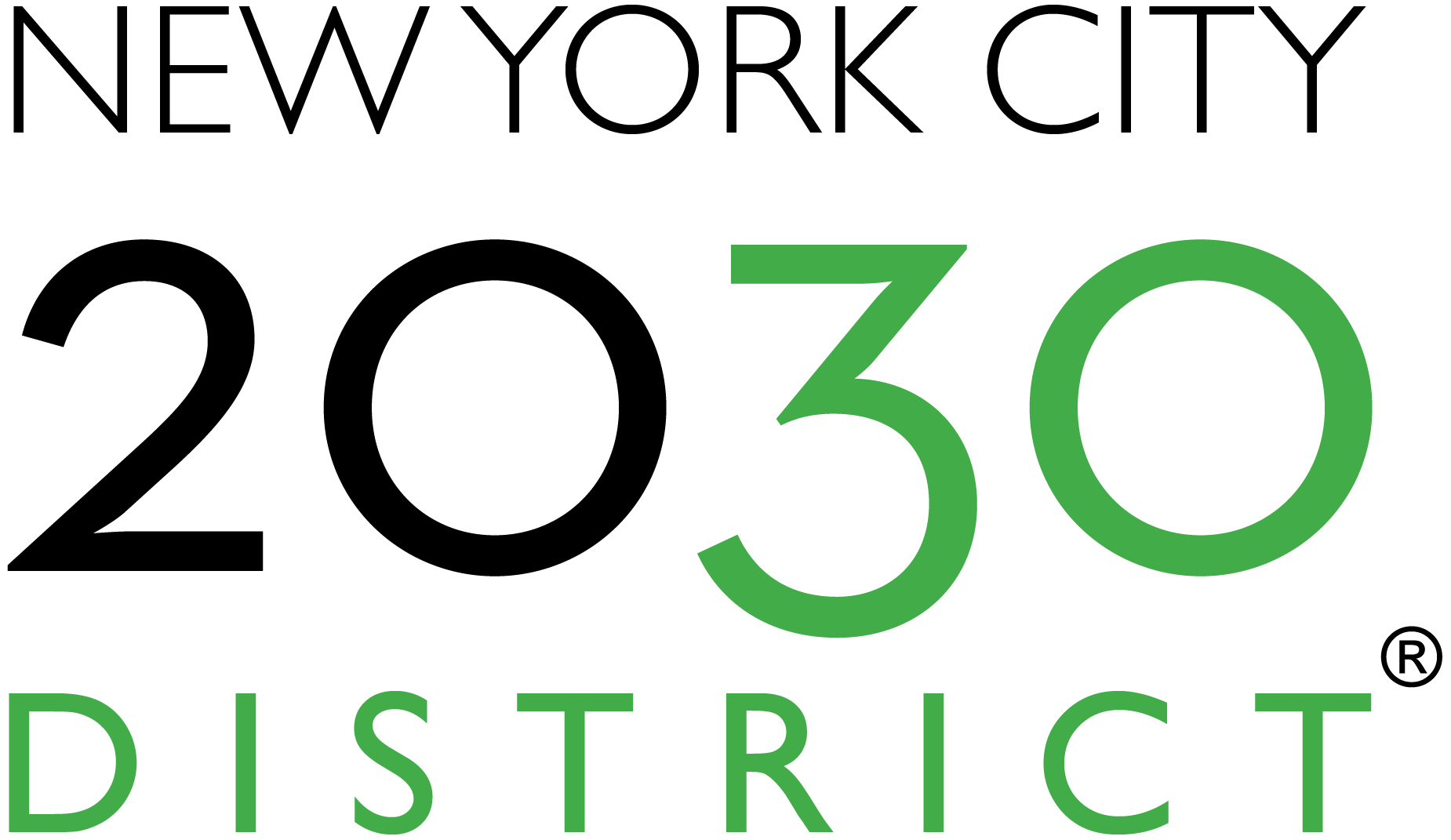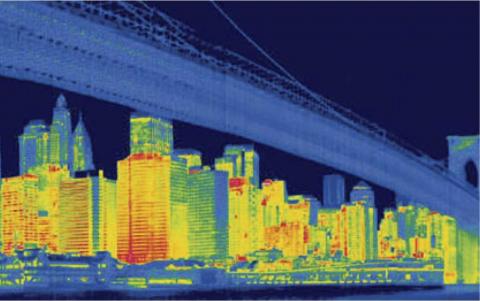FIVE GOALS :
ACCELERATE SUSTAINABLE ENERGY INNOVATION
Meet the Architecture 2030 Challenge targets for reducing fossil fuel consumption in building operations, infrastructure and transportation along with lowering energy costs and administrative burdens. The targets call for phased reductions in fossil fuel consumption to 50% in existing buildings and full carbon neutrality in new buildings and major alterations, with lower transportation emissions and water consumption, by the year 2030. We will achieve these targets at the district scale by:
- establishing accurate, uniform energy monitoring metrics
- deploying innovative information and renewable energy technologies
- integrating sustainable design strategies and solutions to retrofit ubiquitous NYC building types
- encouraging energy savings by addressing the split incentives between owners and tenants
- utilizing electronic and social media to attract stakeholder participation, communicate program information and report progress
FOSTER SUSTAINABLE COMMUNITY PROSPERITY
Encourage community and cultural networks to forge new strategic alliances with businesses and institutions to equitably develop sustainable projects and programs for improved quality of life. Enhance public health and safety through land use patterns linking greenspace and the waterfront with expanded pedestrian and bicycle access.
- Promote ecosystem and microclimate restoration through expanding native landscaping, green roofs, urban agriculture, composting and access to fresh local food along with storm water and waste management benefits.
- Implement durable improvements to housing affordability, education, training and employment opportunities in conjunction with district-scale entrepreneurship and community-based sustainability efforts.

